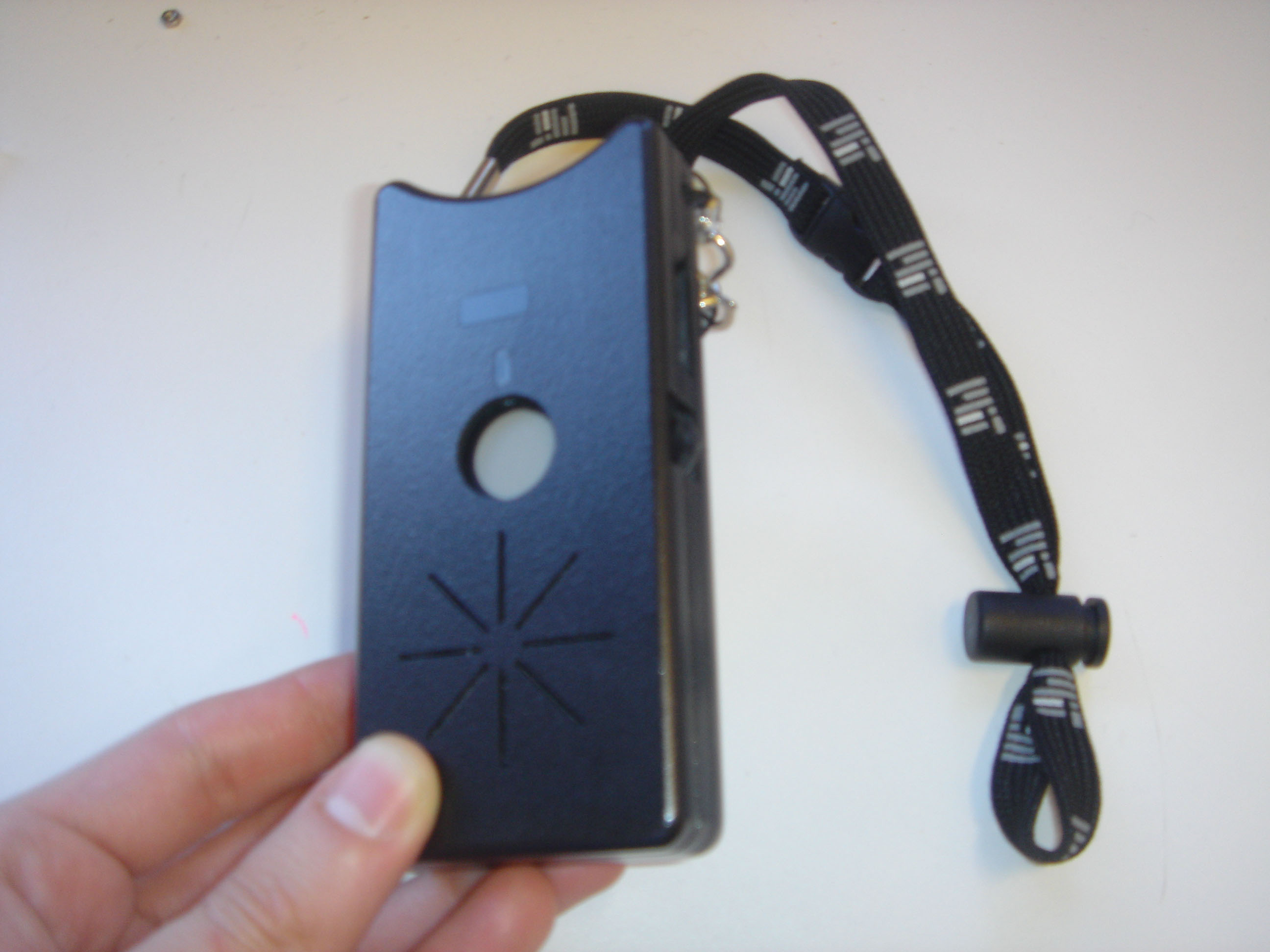Smart badges? We don't need no stinkin' smart badges. Or do we?


So What?
This research could lead to devices that feed introductions directly into my Facebook account; that would probably cause my "friend" list to explode beyond all reason. But it would be a mere convenience: The real revolution suggested by this work is the recording, transcription and archiving of conversations for posterity (or even for next week, when I'm trying to remember what my wife said she wanted for her birthday).
Objections, both technical and social: 1) "Automatic transcription is a largely unsolved problem." True, engineers are short of 100 percent accuracy, but even a partially-accurate transcript might be useful for searching my life's video clips. 2) "It's a violation of others' (and my) privacy." Maybe. But as long as it's voluntary, reciprocal, and out in the open, I don't think there'd be a privacy problem. 3) "It's in violent opposition to cherished Western cultural norms." Well, okay, touché. But let me tell you about cherished Western cultural norms: They change.
Driving drunk, for example, was generally tolerated (even laughed about) in the US until about 20 years ago, when Mothers Against Drunk Driving (MADD) corrected this through a campaign of advertising and advocacy. And the Internet, of course, is to blame for more new norms than I care to think about–we adopted it, then our norms changed (almost unnoticed) as an aftereffect.
So perhaps (as with the Internet) the norms necessary for successful personal surveillance will be driven by the availability of the technology itself. The hardware–tiny cameras and minuscule memory packages–is getting better at the usual Moore's Law rates. In a few years, a lapel pin will be able to tape everything that happens to you for weeks on end. With a hip form factor (we'd leave that part to Steve "iThingy" Jobs) and a good ad campaign, such a device would fly off the shelves. And, in response, we would adjust our cherished cultural norms like baa-lambs. We always do.